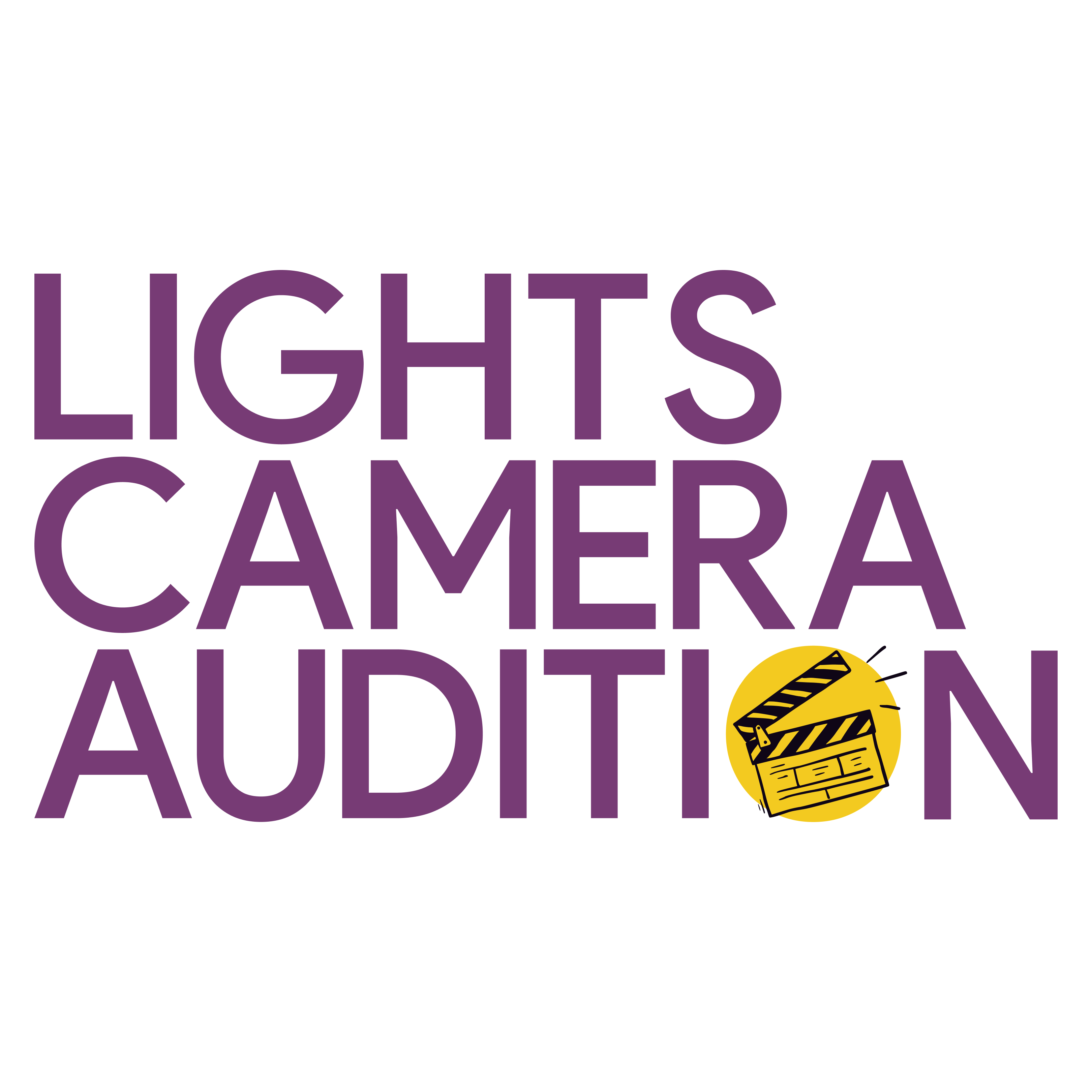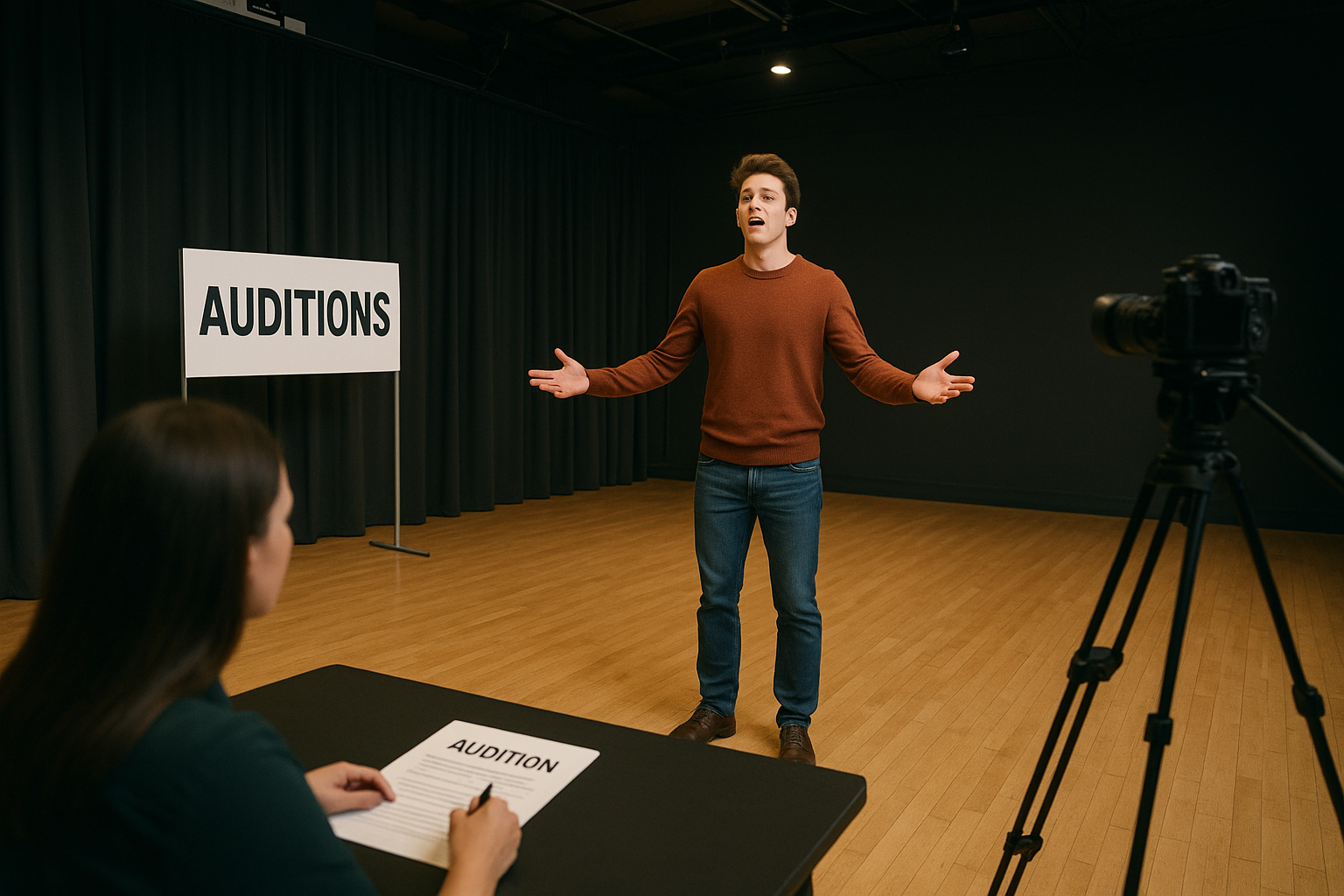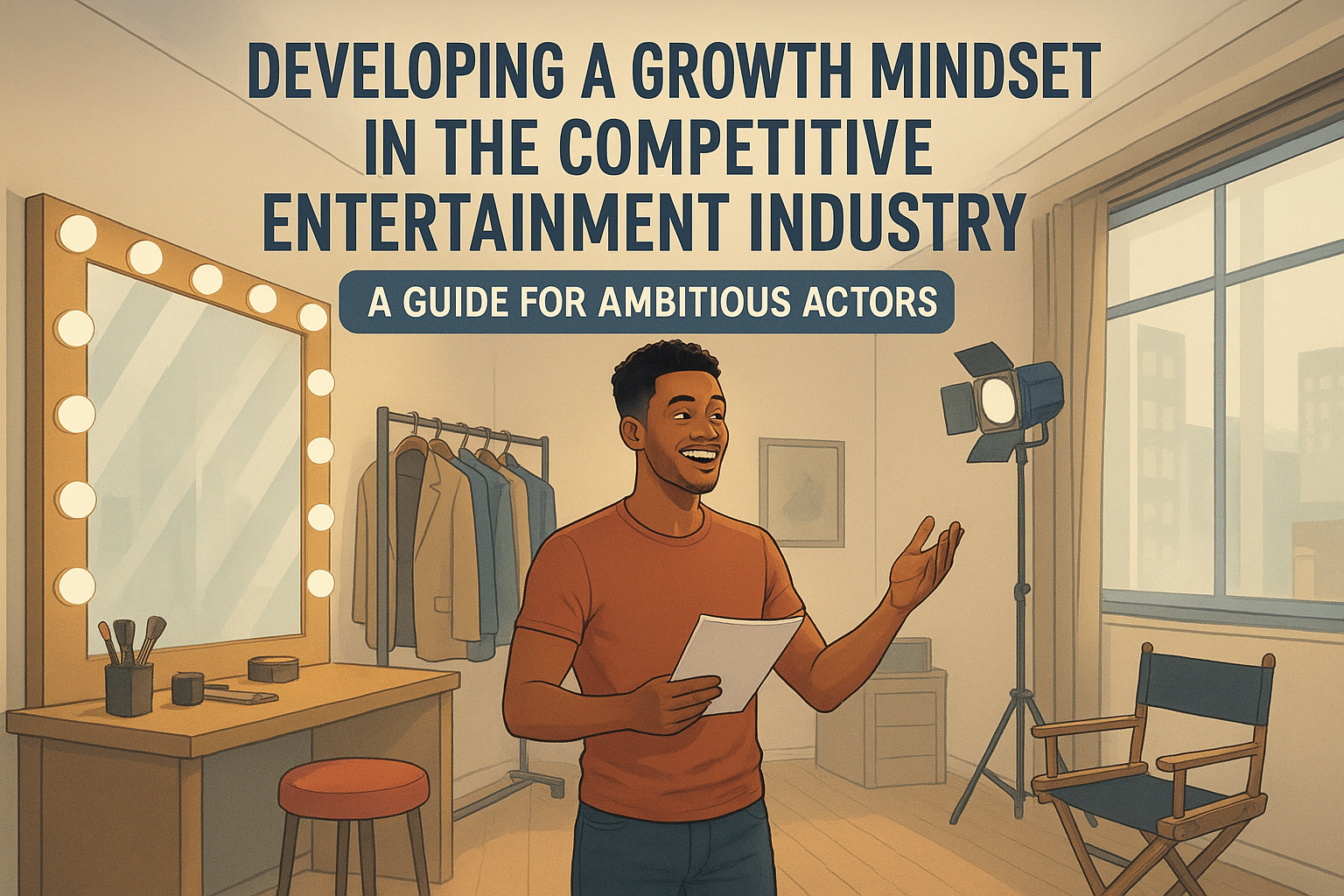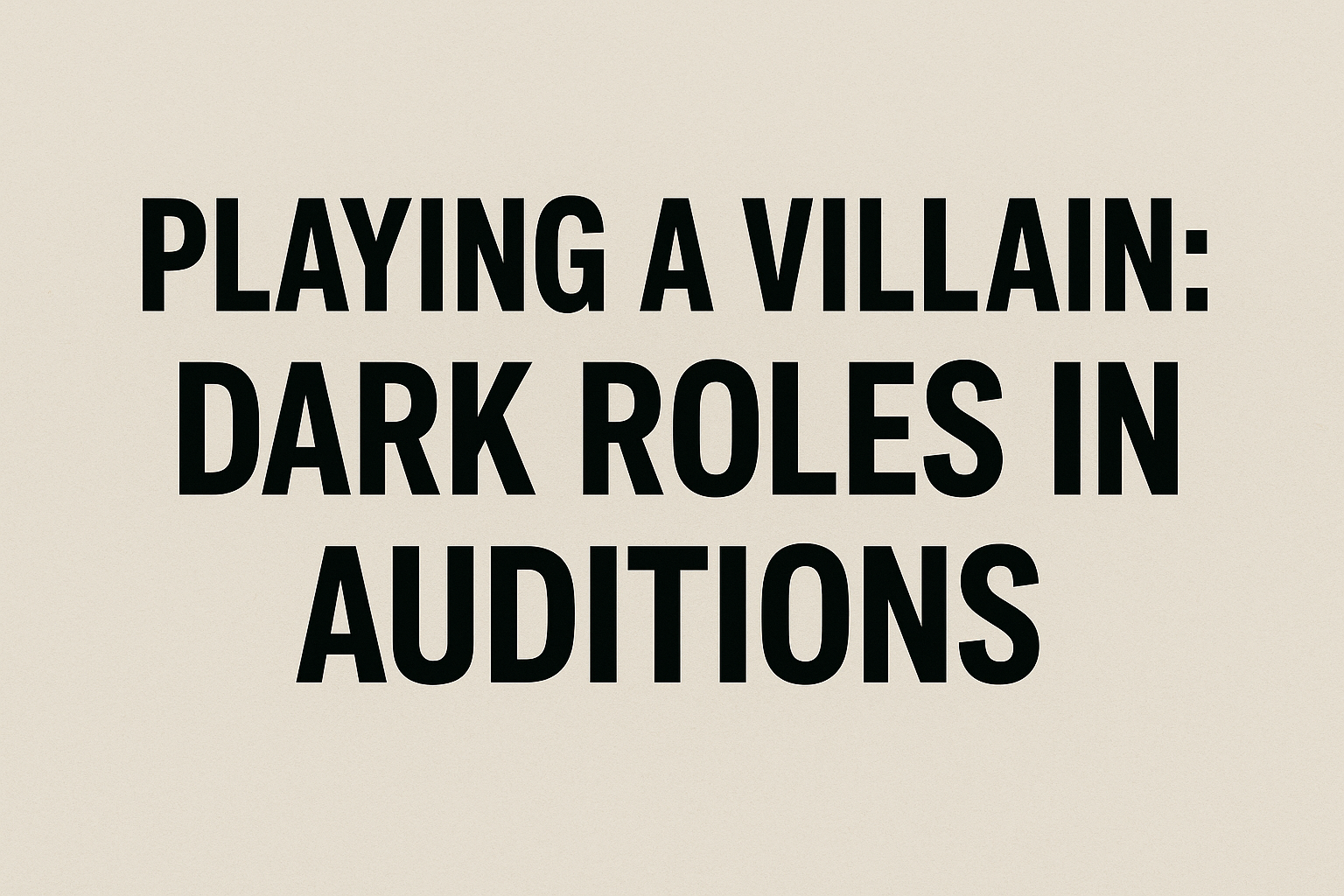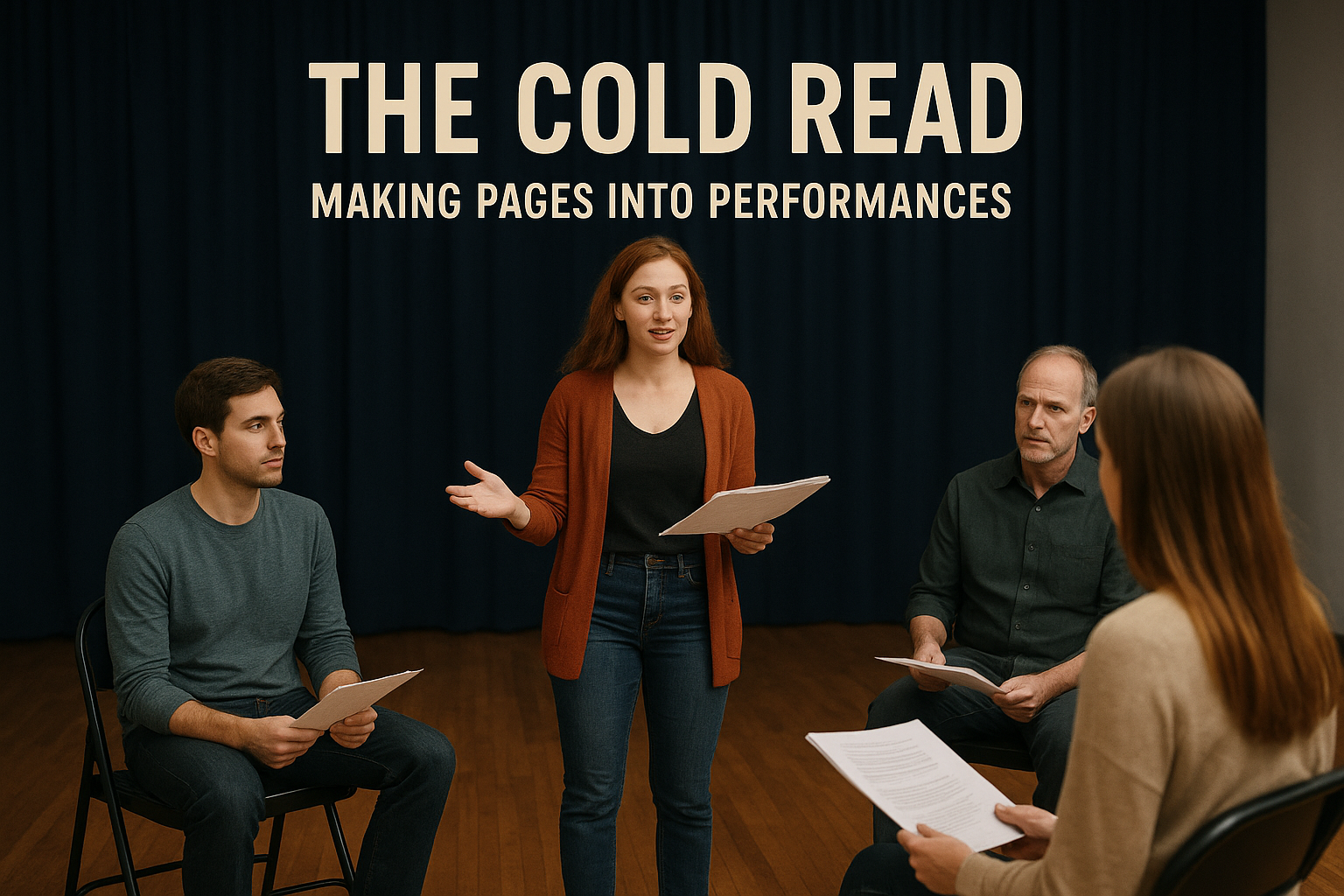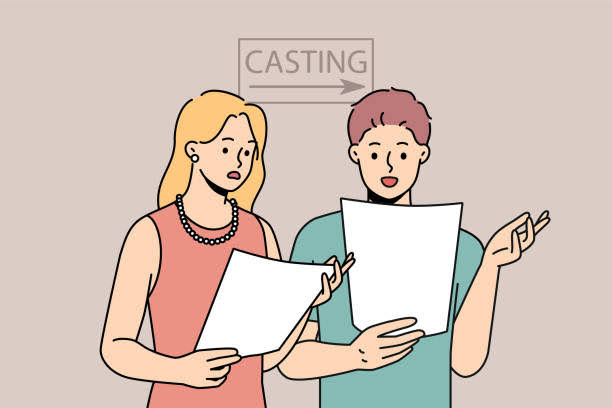
Auditions are the gateway to careers in acting, music, dance, and other performance arts. They are structured opportunities for individuals to showcase their talent and suitability for a specific role or project. Whether it's for a film, play, reality show, or commercial, the audition process is a critical step in casting.
The process typically begins with a casting call, which can be open (available to anyone) or closed (by invitation only). Performers are usually asked to prepare specific material—like a monologue, song, or dance routine—often tailored to the role. In some cases, they may receive the material (called "sides") just before the audition.
Auditions can take place in person or online via self-taped submissions. In-person auditions often involve a panel of judges, casting directors, or producers observing the performance. The goal is to assess the performer’s skill, presence, and ability to take direction.
Callbacks may follow, where selected candidates are invited to audition again, sometimes with other performers, to test chemistry or versatility.
While nerve-wracking, auditions are also opportunities—to grow, gain exposure, and make lasting impressions. Preparation, confidence, and authenticity are key ingredients to standing out and seizing that big break.
Image Credit: Getty Images
Acting may be an art, but in the world of professional performance, it begins long before the cameras roll or the stage lights shine. It begins with the audition — the often nerve-wracking, unpredictable process that determines whether an actor even gets the chance to perform. For aspiring actors, understanding the relationship between auditioning and acting is not just important — it's essential. One feeds into the other, and together, they shape an actor’s growth, resilience, and ultimate success.
In the high-stakes, emotionally demanding world of acting, rejection is frequent, uncertainty is constant, and comparison can feel unavoidable. The entertainment industry is as competitive as it gets—and in such an environment, your mindset can make or break your journey. While talent, networking, and luck all play their part, there's one internal tool that can drastically shift your trajectory: a growth mindset.
When it comes to acting, playing a villain is considered a challenge and a golden chance. Villains are multilayered, multi-dimensional, and probably the most remembered characters in a narrative. Be it old Bollywood films such as Gabbar Singh from Sholay or OTT villains such as Guruji from Sacred Games, dark roles determine an actor's fate. But auditioning for a villain is an altogether different. It needs a firm grasp of psychology, body language, and emotional regulation. If you're a newbie or a seasoned actor wanting to master your craft, this blog will walk you through all that you need to know on how to audition for villainous roles.
There is a moment every actor fears: the casting director places a script in your hands you've never laid eyes on before and says, "Take a minute, and when you're ready, we'll begin. Welcome to the cold read — perhaps the most unpredictable, yet vital portion of an actor's career. Whether you're auditioning for theater, television, or voiceover, cold reading is the skill that can break or make your chance at a role. But the good news is this: like every other craft, it can be practiced, honed, and eventually mastered. In this post, we will analyze what cold reading actually is, why it's important, and how you can transform a cold script into a warm, breathing performance.
Lights Camera Audition!
Don't miss out on the latest updates, audition calls, and exclusive tips to elevate your talent. Subscribe to our newsletter and stay inspired on your journey to success!
